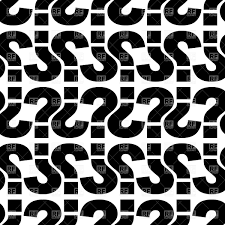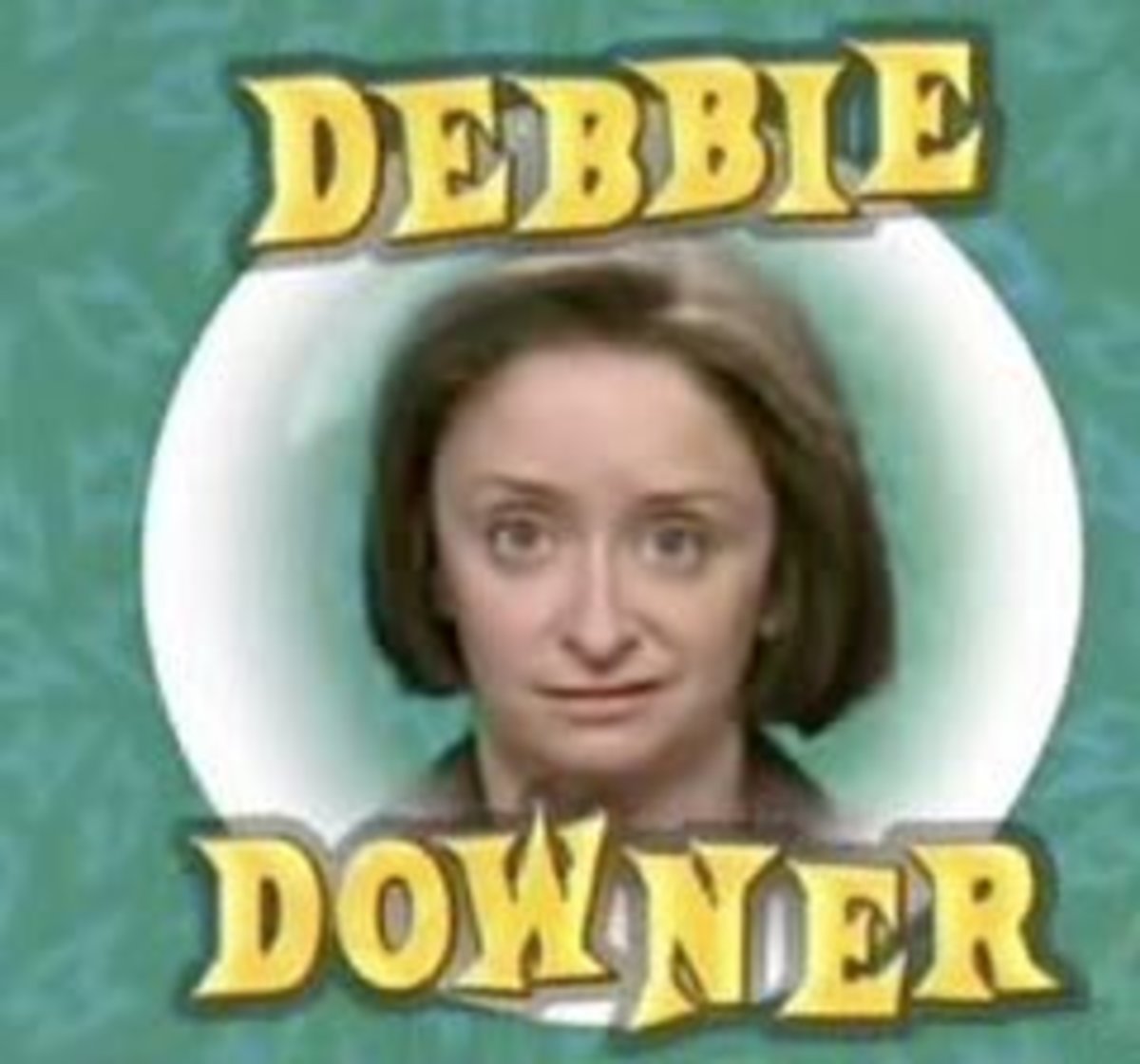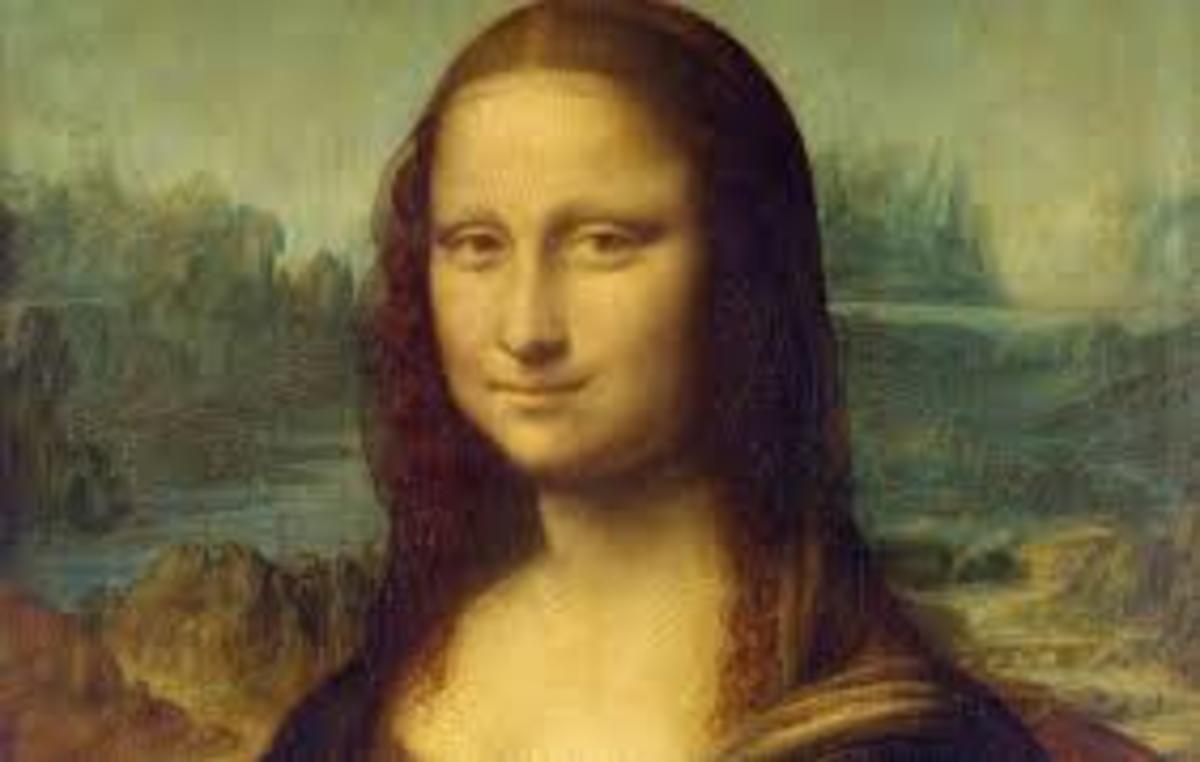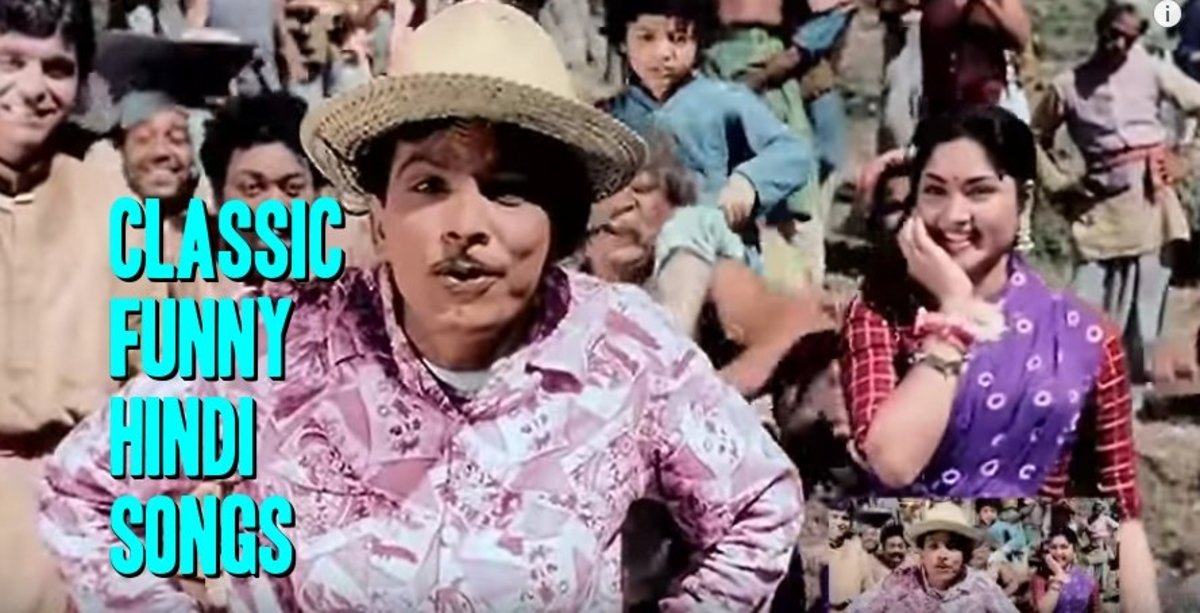What is Parody?: A Short Discussion

The focus of this short discussion will be parody in film, though I would imagine the ideas generalize nicely across mediums.
I know what you're thinking: whaaaaaaaaaaat?????????
Let's start by defining the word or idea of parody.
Hold on! This will not be straightforward. I would advise the faint of heart to turn back now.
Let's talk about people
I hope that I am not reaching too far to say that a healthy individual should have a sense of humor. She should be able to appreciate the funny side of life. But the most important sense of humor to have is the ability to laugh at herself, to see the funny side of herself. That is to say, she should not take herself too seriously.
Her tolerance should extend to other people: friends, family, relatives, and congenial strangers. That is to say, she should good-naturedly allow them to point out, to her, her funny side --- as long as their teasing is good-natured and not excessive, as long as it is done with love.
I kid because I love!
By "funny side," of course, I am not talking about humor generated from her that is necessarily under her control.
I suppose that I am talking about, what we might call amusing vulnerabilities, idiosyncrasies, and habits.
Let's call the hypothetical person Carol.
Now, if a close friend of Carol's were to "parody" her, that is, playfully imitate Carol --- she would put on a performance in which Carol's amusing vulnerabilities, idiosyncrasies, and habits take up a far greater proportion of the personality than they do in the genuine article, Carol herself, in reality.
Her friend would exaggerate the intensity and personality-proportion of these characteristics for effect. In this way Carol is parodied, presented with a funhouse mirror version of herself.
Now then, it seems to me that it is possible to "parody" a person in two general ways.
One can be parodied in a loving way, in which our more amusing and, perhaps, "harmless" foibles are drawn out and emphasized.
One can also be parodied in a critical way, in which the more anti-social, destructive, darker aspects of our natures, that we are not necessarily proud of, are drawn out and emphasized.
Every individual can be examined in both ways. In order for an individual to gain self-improvement and learn from both examinations requires, in the case of the former case, the ability to laugh at herself; and in the case of the latter, the ability to be honest with herself about herself.
The ability of an individual to derive value from both examinations, requires something we might call self-acceptance.
Now, everything we've just been saying about people, goes for art in general, and for the purposes of our discourse, film in particular.
In order for art (film in this case) to be healthy, it must be able to "laugh" at itself --- it needs to not take itself too seriously.
Note: I have noticed that professional film critics, when talking about a film that has let them down, may say something like the film "takes itself too seriously." Now, this is quite apart from the area of parody.
For example, the film The Da Vinci Code is a serious, if boring, film. It is not a parody. It is not making fun of anything. And yet a constant remark critics make about this film is that it "takes itself too seriously."
What they seem to mean is that film lacks any and all "self-awareness."
Question: Self-awareness about what?
Answer: That very question is hard to answer. But let me tell you how I think about it.
Basically, the idea was that there was supposed to be proof that Jesus was but a man (as well as an extremely wise prophet), and as a man, he had all the needs and urges of a man, including S-E-X. The scandal was that he was not the immaculately conceived son of the prostitute Mary --- he was, in fact, the husband to Mary.
This was actually the joining of two royal/noble Jewish houses.
Anyway, blah, blah, blah... Jesus's widow, Mary, eventually ended up in France --- where she married into yet another royal line, the Merovingians.
Robert Langdon's partner-in-adventure for this story, a French cop/cryptographer, one Sophie Neveu, along with her brother, are the last descendants of Jesus and Mary.
Question: How could The Da Vinci Code have been made into a better story, that did not "take itself too seriously"?
Answer: Well, perhaps instead of the tedious, highly academic "adventure" we got, we could have had a story in which the Catholic Church had actually tried to kill Sophie Neveu.
Think of it: The "murder" of Jesus gave us a religion; and it would take the murder of his last descendants to maintain the religion.
Why?
Get this: Live "gods" make dead faiths.
Get it? Live "gods" make dead faiths.
This kind of story would not have been a parody, but it would have certainly been funny (in a dark way), and a whole lot more fun. Da Vinci Code is guilty of the sin of not recognizing, and therefore wasting a great joke --- that it had right in the palm of its hand!
Now, in order for a parody (in film) to be good, --- whether the treatment is loving or critical --- it must be true.
You see, false notes in a parody raise red flags.
For example, there is this film called MacGruber (2010). This is one of the Saturday Night Live spin-off character films. This is a parody of the 1985 television program, MacGyver starring Richard Dean Anderson.
MacGyver had a knack for unconventional problem solving through the use of improvised, homemade gadgets. You can think of him as a kind of cross between the Professor from Gilligan's Island and Houdini (in that most of his homemade gadgets are used to get him out of life-threatening traps) and Jessica Fletcher from Murder, She Wrote.
Now, I have not seen the 2010 film, but I've seen a review of it by a critic, whose judgment I trust: Mark Kermode.
From his review, I have learned that there is a scene in which MacGruber predicts exactly how he is going to beat the tar out of four men (just like the way Drew Barrymore did in that Charlie's Angels movie: you remember the scene in which she was tied to a chair, and she got all hot and bothered when one of the assailants took her lighter?). Actually, in this way, it could be said that MacGruber was parodying another parody (the Charlie's Angels movies being parodies of that television series).
Anyway, MacGruber says he's going to do this and going to do that to X, Y, Z. After all of that, they throw him out of a window.
Now, that scene raises at least two false notes:
- Richard Dean Anderson's MacGyver was never a Charles Bronson-type tough guy. He didn't want to get into fisticuffs.
- They say, in boxing, that its the punches you don't see coming that hurt the most and do the most damage. I would make this argument for jokes: Its the ones you don't see coming from a mile away that are the funniest. This joke I referred to, in MacGruber, is telegraphed from a galaxy away --- so that when the punch line finally arrives, the impact is severely lessened.
Mark Kermode talks about how almost all the comedy in MacGruber is played "too broadly," in that it is telegraphed from a mile away.
Question: How could the aforementioned scene have been made funnier, or, at least, made into something resembling more truthful parody?
The answer is straightforward, based on the source material. MacGruber should have been shown to make some kind of improvised, rigged up device that incapacitated the four men.
Or, perhaps he could have been shown kicking someone's leg...
And then this causes another guy to drop his can of peanut butter on a guy's toe...
Which causes him to stick his finger into the light bulb socket in surprise, electrocuting him instantly...
Then as he jiggles and jerks along, he touches another guy...
And then that guy falls into a tub of paint, which spills onto the floor, tripping up the other two guys, who bang their heads together, knocking the both of them out instantly...
Something like that. You get the idea?
That kind of scene would have been, at very least, something like truthful parody.
This is because that would have been an exaggeration of an authentic characteristic of MacGyver, of which MacGruber is supposed to be a parody of. And again, that authentic characteristic of MacGyver is his power of gadget-making, improvisational, unconventional problem-solving, that he demonstrated on every episode of the show.
Let's wrap this up!
I'll just end by emphasizing my main point: In order for a parody(film) to be good, it must be truthful --- whether the treatment is loving or celebratory or critical.
I consider the films Black Dynamite (2009) and Undercover Brother (2002) good parodies of the so-called Blaxploitation genre. Both offer what I would call a "loving" treatment of the genre. In other words, I get the feeling that the teams that made these movies have a real fondness for the Blaxploitation genre. Positivity, certitude, and competence of the main characters are emphasized to almost superhuman levels, in some cases.
I would consider the film (and source comic), Watchmen (2009) and the source comic (though not the film because it wasn't very good), The League of Extraordinary Gentlemen to be "critical" treatments of the superhero thing.
Now, by "critical," I do not mean: as opposed to "loving" or celebratory. I just mean that that these two stories offer a "deconstructive" view of the material. Basically the message is that "all that glitters is not gold," when it comes to the lives of superheroes. Their angst, self-doubt, and feelings of alienation are emphasized. In other words, the disparity between their god-like powers and very human personality is emphasized.
In still other words, we are shown the struggle that their frail human personalities go through to support their otherworldly capabilities.
You know something? The X-Men, from the very start, have always been, in a sense, its own critical parody of the superhero genre, for obvious reasons.
Okay, I promised to keep this discussion "short," and I have probably broken that agreement by several dozen paragraphs.
Thank you very much for reading!








